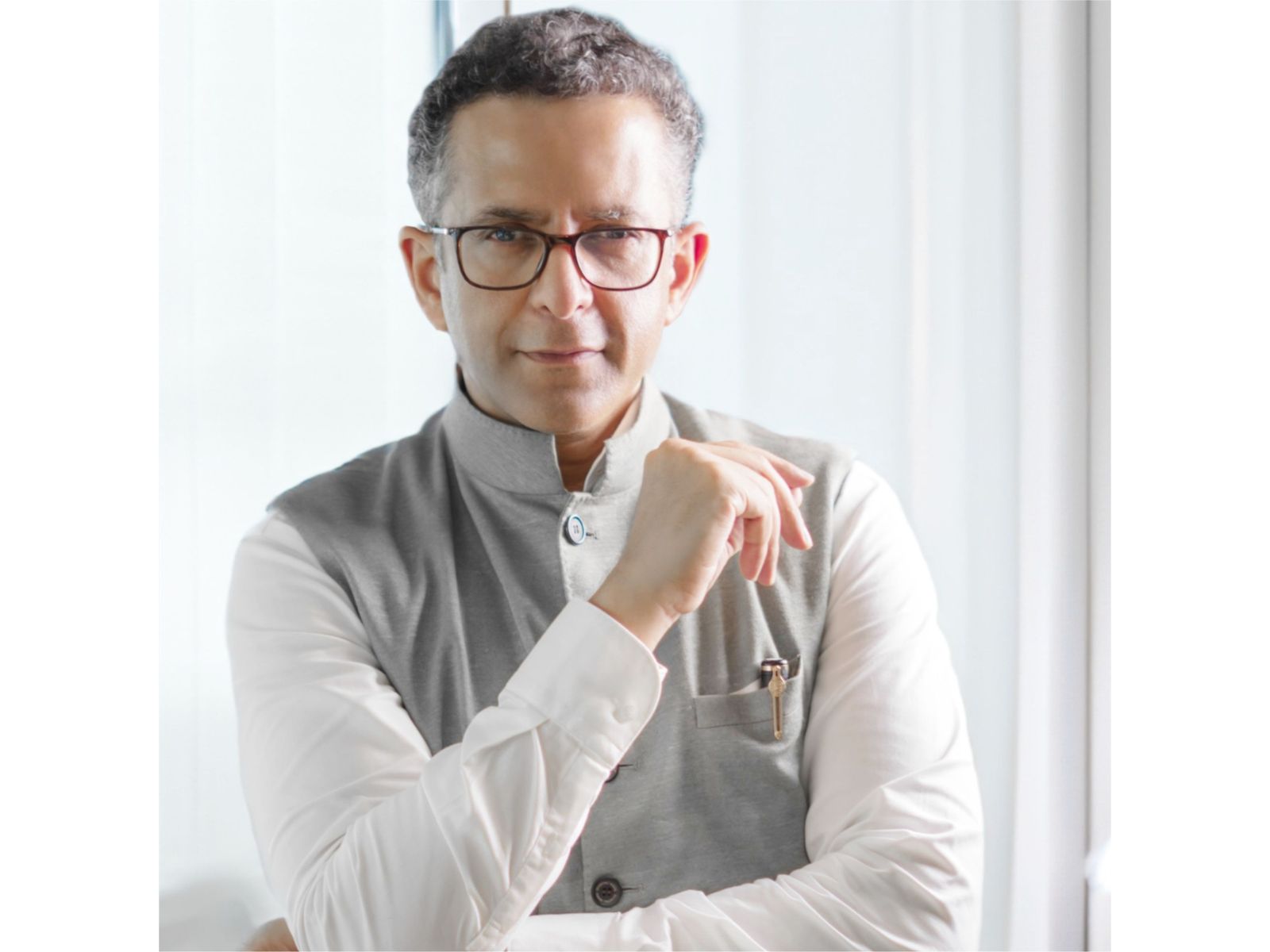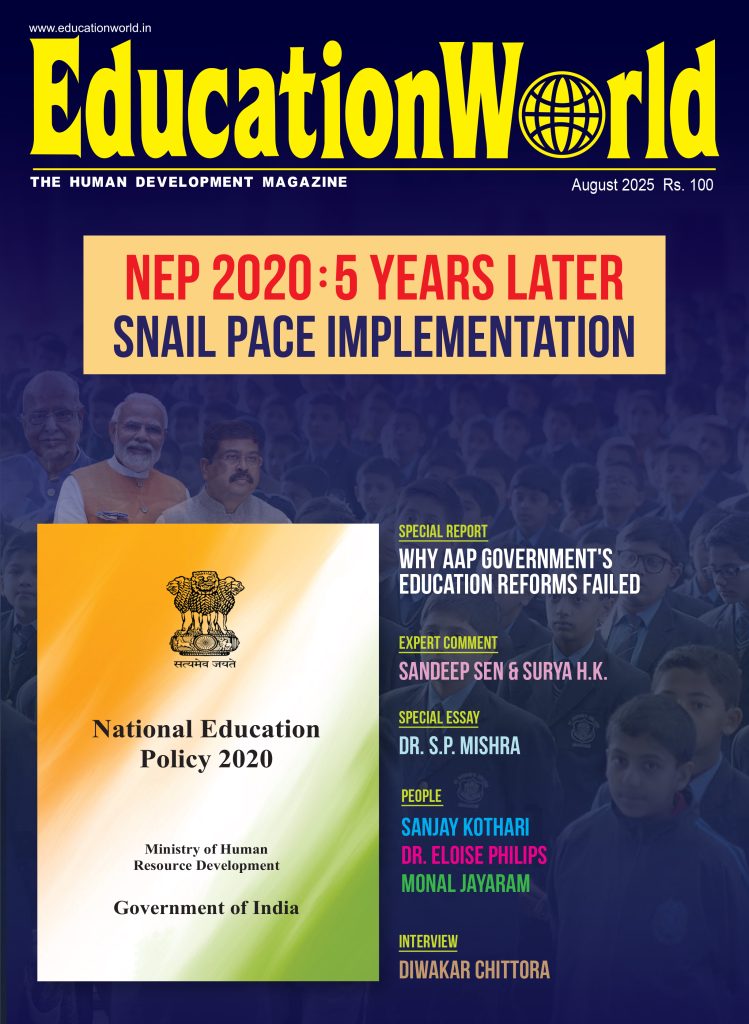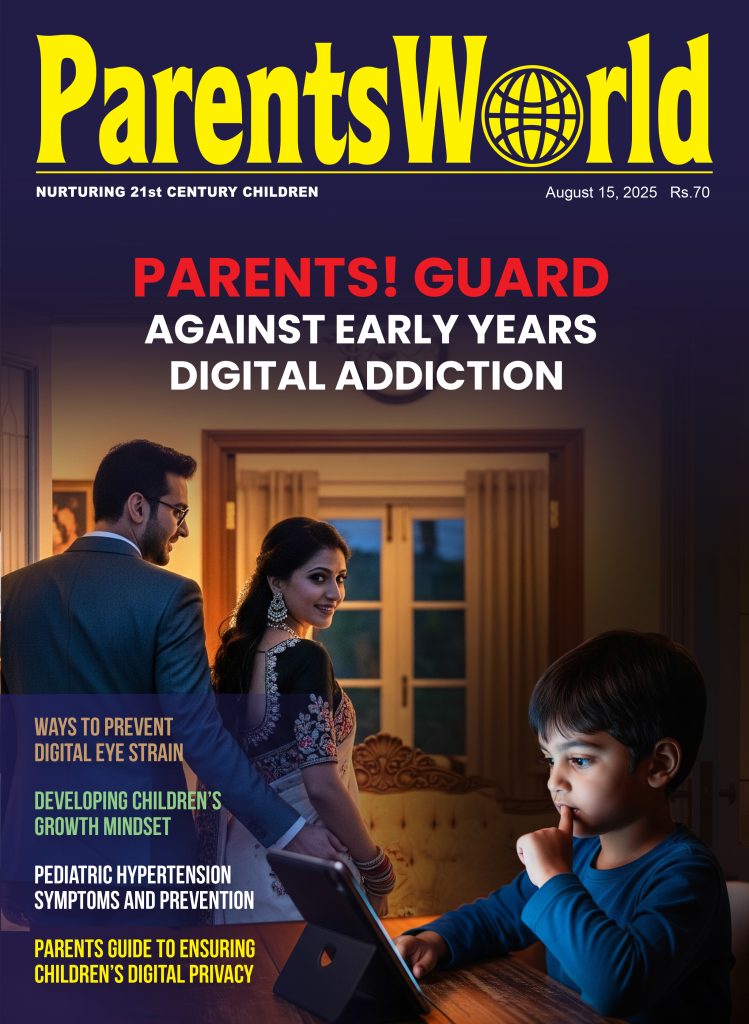India’s education reset: nurturing thinkers over test-takers
– Gaurav Bhagat, Founder, Gaurav Bhagat Academy
In an age of instant technology and AI shortcuts, education must deliver more than exam scores. What endures is literacy, numeracy, critical thinking and a grounding in history, geography and science. India’s National Education Policy (NEP) 2020 signals this shift, emphasising reasoning over rote and weaving policy, pedagogy and passion into classrooms.
The challenge in numbers
The Unified District Information System for Education Plus (UDISE+) 2024-25 data shows progress in early schooling but severe attrition later. Dropout rates are just 0.3 percent in primary (Classes 1-5), rising to 3.5 percent in upper primary (6-8) and 11.5 percent in secondary (9-10). Only 47.2 percent of students complete the full cycle up to Grade 12. While 92.2 percent transition from lower to upper primary, just 75.1 percent move from secondary to higher secondary, highlighting the urgency of reform.
NEP 2020: from rote to reasoning
The NEP aims for universal foundational literacy and numeracy by 2025, while promoting multilingual education, conceptual understanding and problem-solving. Lesson plans increasingly blend mathematics with life skills, local culture and real-world inquiry—using, for example, river systems and trade routes to explore how geography shaped societies.
Educators leading change
Innovative teachers are reimagining classrooms. Ashu Ghai, through his Science & Fun channel with 8.9 million subscribers, uses humour and experiments to demystify science. Khan Sir, with over 23 million followers, combines science, geography and current affairs to show relevance beyond exams. They build on traditions of hands-on learning championed by pioneers like Arvind Gupta and Anil Sadgopal. Across India, activity-based projects, debates and map reasoning are making learning exploratory rather than mechanical.
Why foundations matter
Short-term memorisation delivers only fleeting results. In contrast, reasoning, applied science and cross-disciplinary thinking establish a lasting base. Studies suggest integrated literacy, numeracy and critical thinking in early years can lift performance by 30-50 percent, particularly in rural schools.
Barriers to progress
Implementation remains difficult. Teacher training still lags behind, infrastructure is patchy, and assessments often reward recall over understanding. Without inclusive reforms, socio-economic and regional disparities may deepen.
Towards lifelong learners
India’s education reset—through NEP 2020 and the work of dynamic educators—is more than reform. It is a cultural renewal that prizes curiosity, problem-solving and deep understanding over rote. With nearly half of students not completing higher secondary, building resilient thinkers is not just desirable, but essential.
Also Read: Integrating climate and urban design in architecture education through NEP 2020

















Add comment